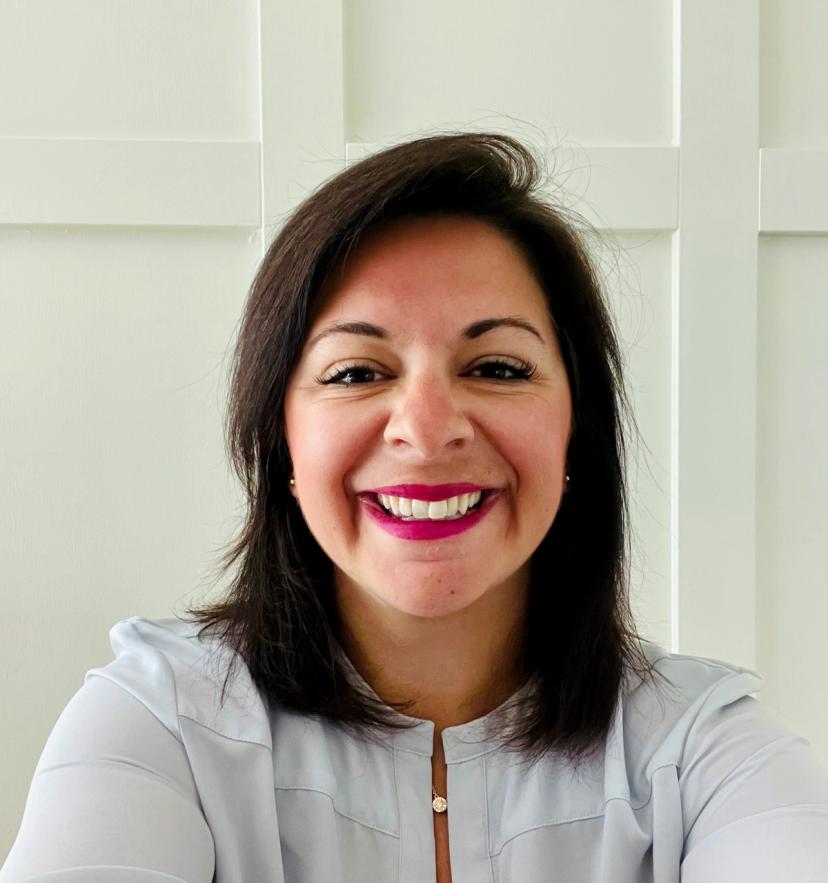Quality raw materials power precision diagnostics partnerships
See how experts at Merck are delivering trusted stains, dyes, and antibodies for confident and innovative diagnostics
13 Nov 2025
Stains, dyes and antibodies play vital roles in research and diagnostic pathology, histology and immunohistochemistry. In response to this industry demand, Merck has created a broad portfolio of robust off-the-shelf raw material stains and dyes for a variety of research use only (RUO) and in vitro diagnostics (IVD) applications, as well as a catalogue of Cell Marque™ IVD-ready concentrated antibodies that can be used as raw materials. Its in-house teams can also customize stains, dyes and antibodies for individual customers working in precision diagnostics and beyond.
Raw material quality and consistency
Access to a consistent supply of high-quality raw materials is vital for research, development and manufacturing of tissue diagnostics, especially when scaling up or developing something new.

Scott Krabbe, Manager of Process Development, Merck
“Our site manufactures over 10,000 distinct chemicals, which means that our quality control team has a lot of expertise and a broad selection of tools,” says Scott Krabbe, Manager of Process Development. “Our output reproducibility is driven by well-characterized and high-quality raw materials, along with strong chemistry understanding and clearly defined manufacturing protocols.”
These strong quality controls and manufacturing processes help to ensure that raw materials don’t introduce variability into customers’ assays.
“We use state-of-the-art equipment to design processes with a strong focus on critical process parameters,” adds Krabbe. “Creating consistent, quality material from chemical manufacturing requires strong process understanding which we gain from data gathered through carefully designed experiments. We then use the information for scale-up modelling to ensure the processes developed are ready to successfully meet our customer's critical timelines.”
Genuine manufacturing partnerships built on trust

Andrea Taylor, Global Manufacturing Business Manager, Tissue Diagnostics, Merck
The core strength of Merck’s business model is long-term collaboration with its partners. “It’s never just about shipping boxes and moving on for us. We take the time to really understand our customers, their goals, challenges, and what matters most to them, because we’re manufacturers too,” explains Andrea Taylor, Global Manufacturing Business Manager, Tissue Diagnostics. “That shared experience helps us connect on a deeper level and work together in ways that make a difference. Over time, those connections grow into genuine partnerships built on trust. Our customers know they can turn to us not just for materials, but for support, guidance, and collaboration. Together, we’ve helped bring new diagnostics to life with confidence.”
The company's ability to collaborate is based on its scientists' expertise in process chemistry and engineering, analytical chemistry, and hazard evaluation. This empowers the teams to do more than just deliver ingredients; instead they can contribute directly to customers’ assay performance.
“One of our customers – a diagnostics manufacturer – wanted access to a specific dye that is hard to get hold of because of its complex chemistry,” Taylor states. “Our team recognized how important it was for them to have access to this material. So, working closely across production, technical, and development, we leveraged our expertise and manufacturing infrastructure to overcome the challenges and scale production. Making this dye available on a global scale wasn’t just about meeting a single customer’s need, it was about ensuring that diagnostic manufacturers have access to the most essential raw materials in order to support human health.”

Sean Roenspie, R&D Manager, Custom Antibody Manufacturing, Merck
Merck's Custom Antibody Manufacturing Services team also has a keen focus on creating innovative tissue diagnostics that meet the evolving needs of IVD manufacturers and diagnostic labs. "We employ an innovative antibody generation platform to create products tailored to customer specifications,” explains Sean Roenspie, R&D Manager, Custom Antibody Manufacturing. “The service supplies antibodies to external manufacturers for use in IVD companion diagnostic platforms, as well as large-scale antibody-blocking blends for IVD and diagnostic kits."
As an example, Roenspie's team developed two unique recombinant antibody blends designed to serve as blockers, effectively replacing native serum. The blockers help to eliminate false-positive and false-negative results in IVD assays and can be used as blocking reagents in assay diluents. The team has also created multiple novel antibodies for companion diagnostics intended for use in IVD applications.
"Some of our customers have faced challenges with difficult targets and encountered setbacks with other vendors,” says Roenspie. “The success of our products has resulted in an increase in collaborative projects with prominent players in the diagnostic industry.”
The expertise to overcome challenging manufacturing issues
Merck’s process development team has a wealth of experience and works closely with the stains and dyes manufacturing team to overcome any manufacturing issues that come up. “Equipment at different manufacturing sites can have subtle differences that result in major impacts, but our team is highly trained to identify and solve these issues,” says Krabbe.
The greatest challenge the team faces is ensuring equivalency between lab and production scale reactions. Factors such as mixing, heat transfer, and reagent addition rates can become more difficult to control as reaction scales get larger.
“Our chemists and engineers must work together and use their knowledge of chemistry and the equipment to understand, predict, and avoid these issues,” shares Krabbe. “We use data rich experimentation at the lab scale to gather large volumes of information. Our engineers use the data to model the operations in the production equipment. This allows us to adjust development experiments to meet the capabilities of the planned production equipment and ensure the product produced is of sufficient quality.”
Build a better tissue diagnostic with end-to-end solutions
Tissue diagnostics is a constantly evolving field and to keep up, Merck gains feedback from customers, industry partners, key opinion leaders, and other industry experts via the commercial and technical teams and from industry-relevant conferences.

Heidi Meppiel, Senior Global Product Manager, Merck
“They help us to understand where the market is heading and what challenges our customers are facing, such as tighter regulatory requirements, increased automation, and the demand for greater lot consistency and product performance,” said Heidi Meppiel, Senior Global Product Manager.
The company also monitors broader market trends, such as emerging diagnostic techniques, regulatory shifts, and evolving performance expectations. “This approach helps us to identify where our portfolio can grow or adapt—whether that’s optimizing existing formulations and introducing new products, or enhancing documentation to support regulatory compliance” says Meppiel. “By combining direct customer input with industry intelligence, we make sure our portfolio stays relevant and future-ready. This way, we’re not just meeting current demands but also helping manufacturers stay ahead.”
What sets Merck apart is its comprehensive end-to-end capabilities for stains, dyes and antibodies. "Our custom antibody generation platform, combined with a stable cell line system and large-scale manufacturing capabilities, enables us to develop novel antibodies and produce them at scales ranging from grams to kilograms,” says Roenspie. “Additionally, we provide ISO-certified manufacturing under stringent quality regulations at quantities that many manufacturers cannot match. Our goal is to continually optimize our services throughout the development stage and into the large-scale manufacturing process.”
Taylor concludes: “I believe our trustworthiness and flexibility makes a real difference. Every customer’s needs are unique. Whether it’s providing bulk supply or packaging, tailoring a formulation or its package, or helping navigate regulatory requirements, we work side by side to find the right fit. It’s that combination of reliability and adaptability that I think customers appreciate most.”
